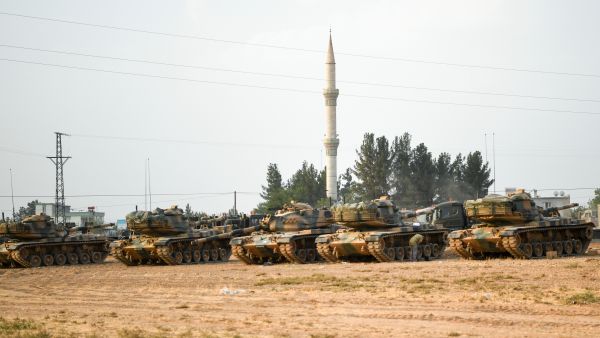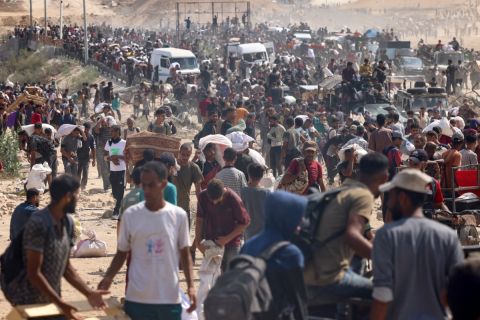ALBAWABA - Israel and Iran went to war for 12 days in June 2025. Since then, the Turkish military and intelligence services have looked into the conflict in great detail, seeing it as a key example for future conflicts in the area.
The war, which included cyber, military, psychological, and diplomatic offensives, woke Ankara up and made it clear that it needs to rethink its national defense strategy in a world where politics are unstable.
According to a detailed report by Al Jazeera, the Turkish National Intelligence Academy released a strategic study called “The 12-Day War and Lessons for Turkey.” This study explained how Israel quickly took out Iran's capabilities through coordinated airstrikes, cyberattacks, and psychological operations. Israeli F-35 and F-16 air raids, along with drone attacks and special ground units, took out Iran's air defense networks in just 72 hours at the start of the operation. These hits made it possible for US B-2 bombers to attack Iran's secret nuclear sites.
Iran responded with ballistic missiles and drones, some of which flew faster than sound, but most of them were stopped by Israel's powerful air defense systems, which had help from the US and other countries in the area. Some Iranian missiles did manage to hit important Israeli towns, like Tel Aviv and Haifa.
The war showed that modern wars don't just happen on classic grounds. As Al Jazeera points out, Israel's success came from its ability to combine advanced air power with cyber warfare and misinformation operations. For example, it hacked into banking systems, sent out fake alerts, and used psychological pressure on the Iranian leadership to get its attention.
To this, Turkish military experts said that their own multi-domain defense plans needed to be strengthened. The study suggests that Turkey should improve its cyber skills, get new fighter jets, make its civil defense system better, and make its strategic relationships stronger, especially with the United States, Pakistan, and countries in the region like Azerbaijan and Qatar.
The study also talked about how important it is for the economy and society to stay together during wartime. Notably, Iran was able to last longer than expected in the war because of its internal security, which was maintained despite economic penalties. This shows how important non-military factors are in national defense.
As Al Jazeera points out, Turkey no longer sees unrest in the region as a faraway threat, but as a challenge that is about to happen. Ankara is changing its strategic strategy based on what it learned from the war between Israel and Iran. This makes it better prepared for any possible increase in its own backyard.










